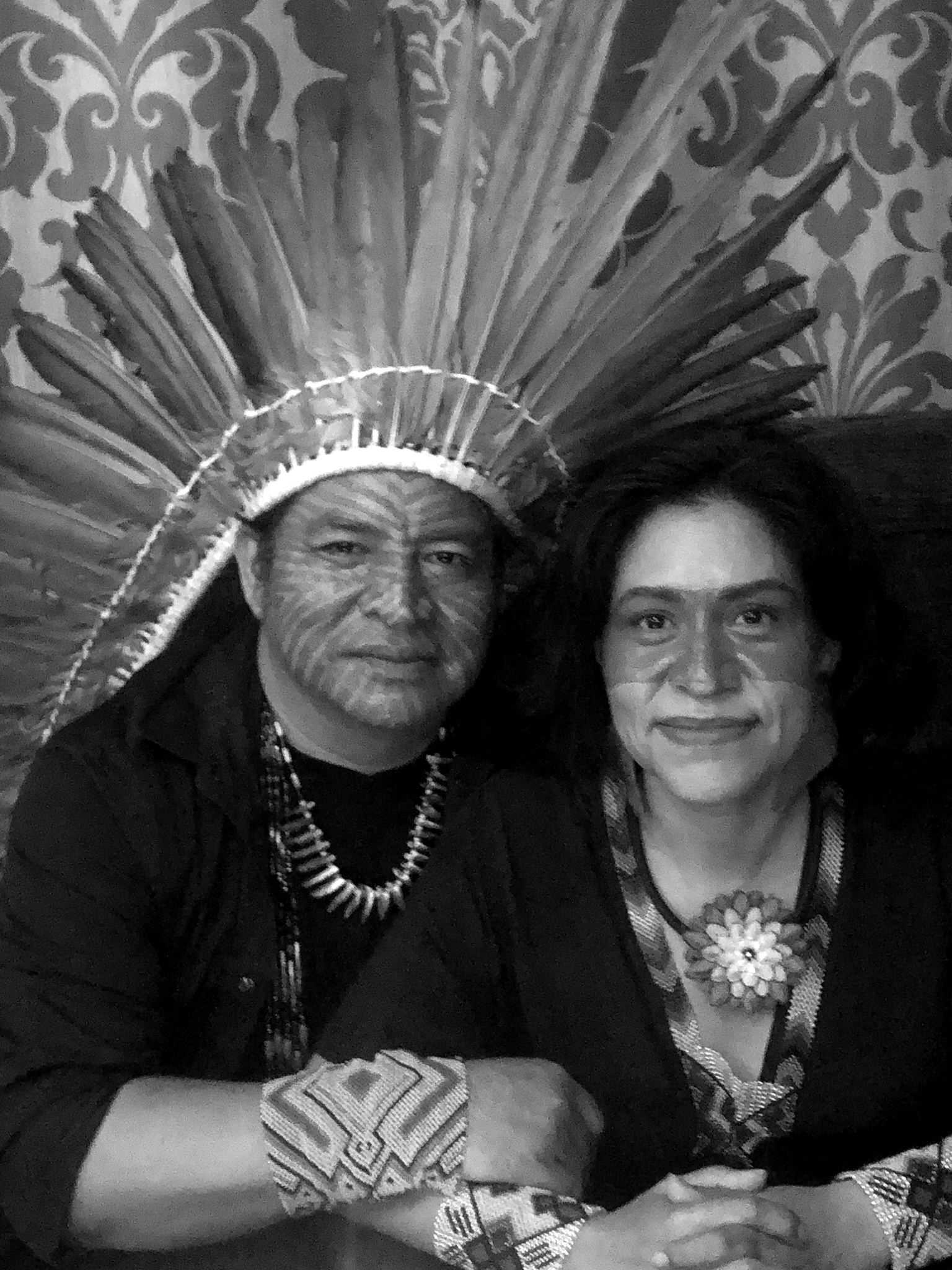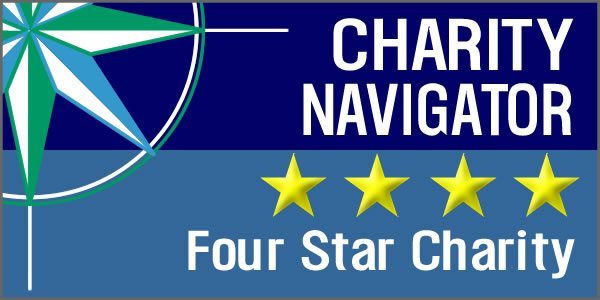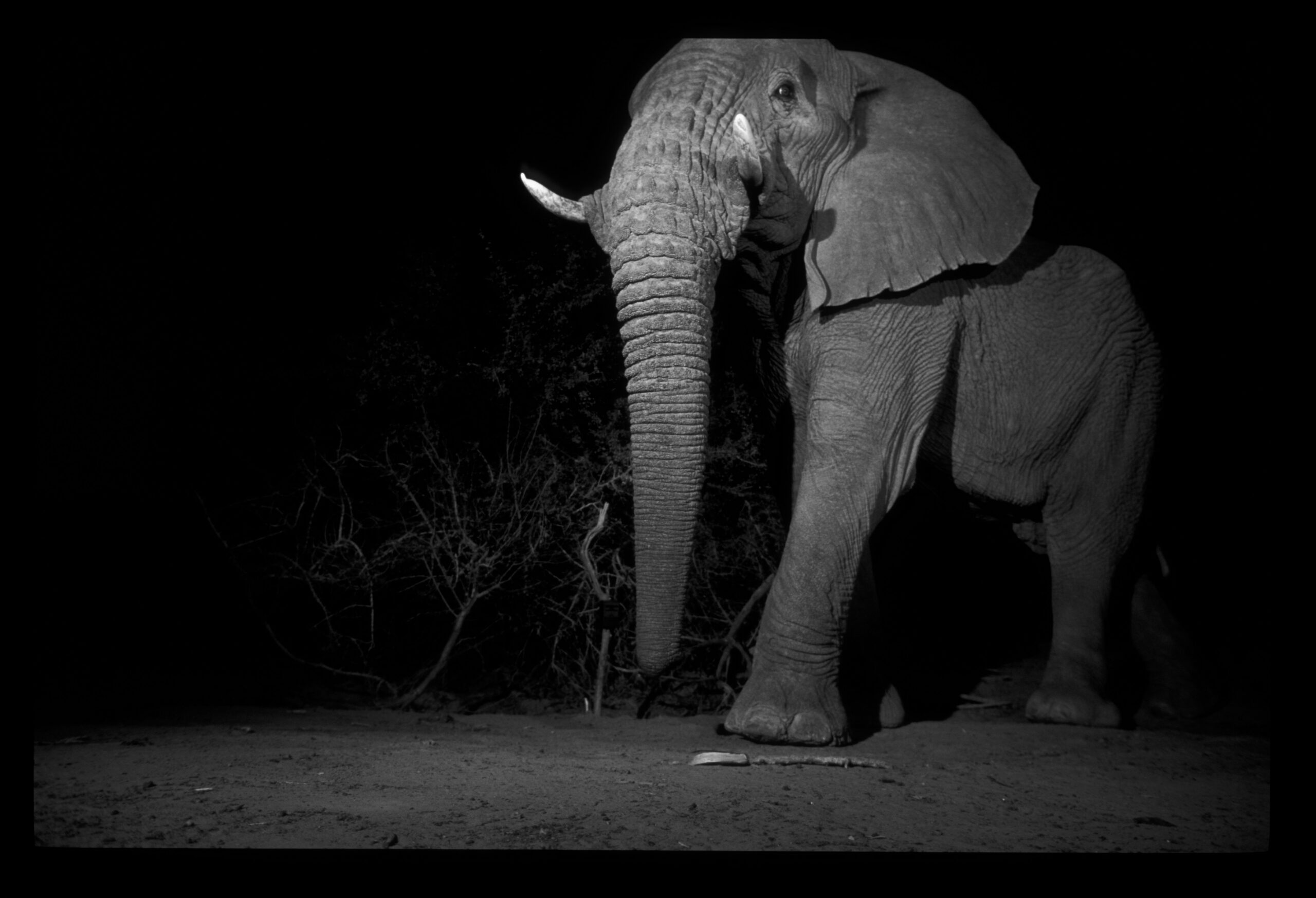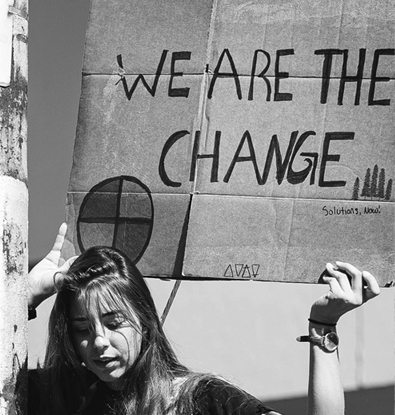You Can Help Bring Justice to the Biosphere and Save Life on Earth
WILD is linking people around the world with the effort to restore traditional lands to the Yawanawa People. And you can help!
Imagine a world in which nature and people flourish. Maybe not everyone has what they want, but most people have what they need. This is also a fair and just planet. A stable planet. Even better, no one is worried about the impending collapse of civilization or Earth’s life support systems. Untroubled, people take the future for granted knowing that of course! civilization will persist because the planetary ecology is stable.
Many people will tell you that such a vision of the world is utopian – but their skepticism does not account for the real-world examples where people and nature live in harmony, such as the Yawanawá People of the Amazon.
The Yawanawá People, led by Chief Tashka Yawanawá, are one of the many Indigenous Peoples who are stewarding close to 40% of Earth’s remaining wild lands and nearly 80% of its biodiversity. Even though many Indigenous Peoples lack formal educations and contemporary scientific tools, their cultural traditions and lifeways are the instruments through which they carry out sustainable lifestyles while meeting the needs of their communities.

Working in solidarity and love with Tashka, Laura and the Yawanawa people, WILD will build the protection of their ancestral homelands in the Western Amazon, and also work to recover more of it to their control.
Even though Indigenous Peoples make up 5% of the total population and have an outsized impact on the conservation of the biosphere, many non-Indigenous people remain skeptical of two different principles embodied in Indigenous lifeways:
- People live best when they live within nature’s parameters, and
- Communities can live sustainably even without the benefits of engineered technology.
The reason for such skepticism is, in part, due to the complexity of life and culture. When we are presented with contrary facts and we regard them as simply contradictory rather than as additional information to be considered and explored, we limit our capacity to innovate, expand, and leverage new opportunities. Reality is complicated. Conditions that may at first seem difficult to reconcile can indeed objectively and simultaneously exist. Our ability to solve the complex problems before us depends in large part on our ability to manage complexity and absorb contrary information.
How many times has an expert, friend, or authority told you that in the context of nature conservation we must think pragmatically, ration our resources, prioritize? Of course, it would be nice to have rainforests and jaguars, they tell you, but what about all the children in need of medicine, formal education, and the products of an industrialized society? Surely the needs of people are more important than those of endangered plants and animals. The surety and simplicity of this narrative is intimidating. Few want to be perceived as opposed to the well-being of children and families.
The problem with this narrative isn’t that it’s wrong – it’s that it is incomplete in the same way that a promise of a fully industrialized planet is also incomplete. Without healthy and abundant nature – the primary source of all resources – industrialization does not work.
The Yawanawá are a prime example of what is possible when we empower traditional peoples to sustain their lifeways, and when we take the opportunity to learn from them.
The Yawanawa were first “contacted” in the 16th century when the early rubber barons seized their land, enslaved them and, for many decades, committed atrocities amounting to genocide. Later, the missionaries came to “evangelize” the people who, in the process, lost many of their rituals, dances, artistic expressions, cultural and spiritual manifestations. Tired of continued injustice and theft of their territory, in 1982, the Yawanawa expelled all non-indigenous people from their territory.
In a process that lasted from 1984 to 2008, their “Indigenous Land of Rio Gregório” was demarcated, first with an area of 92,860 hectares (240,000 acres). Because it was the first indigenous land to be demarcated in the state of Acre, it served as an example for all the state’s indigenous leaders to claim the legal rights to their territories. As a result of a series of legal actions and protests, by 2008 their lands were (partially) reestablished at 200,000 ha (500,000 acres), of which 95% is protected as primary forest. The drive continues to regain their traditional territory. Their Yawanawá Life Plan is their formal plan and evolving model to strengthen their culture, encourage sustainability, and protect their forest against a rising tide of illegal logging, mining and ranching. Their population is regaining health, has doubled in size from a mere 600 people 50 years ago, as they work successfully both internally and through partnerships with many other groups, agencies, and organizations.
We don’t have to choose between people and the planet. In fact, when we choose to protect nature – and do so with respect for other communities – we choose people too! Following (and supporting) the leadership of the Yawanawá, and other Indigenous Peoples, expands momentum for proven sustainable lifeways, ones that have successfully protected Earth’s precious biodiversity for centuries.
In 2022, WILD is working with the Yawanawá to attempt to repurchase approximately 10% of the traditional lands that were stolen from them. You can help others reject the limitations of false dichotomies and expand hope and support solutions that protect people and nature. Consider a gift to WILD to help strengthen protections for the Yawanawá People and the rainforest they steward.
Read Next
Yes, You Actually Can Help Local Communities in West Africa & Slow Mass Extinction too!
Because of the Mali Elephant Project people are able to help restore and protect elephant habitat in an economically and ecologically challenging context
The Time to Act Was Yesterday
Encouraging and strengthening young conservation leaders is absolutely essential if we are to achieve a just and sustainable future. Learn more about CoalitionWILD – WILD’s young conservation leader network.
Your Voice Matters
You can help mobilize millions in defense of wild nature




0 Comments